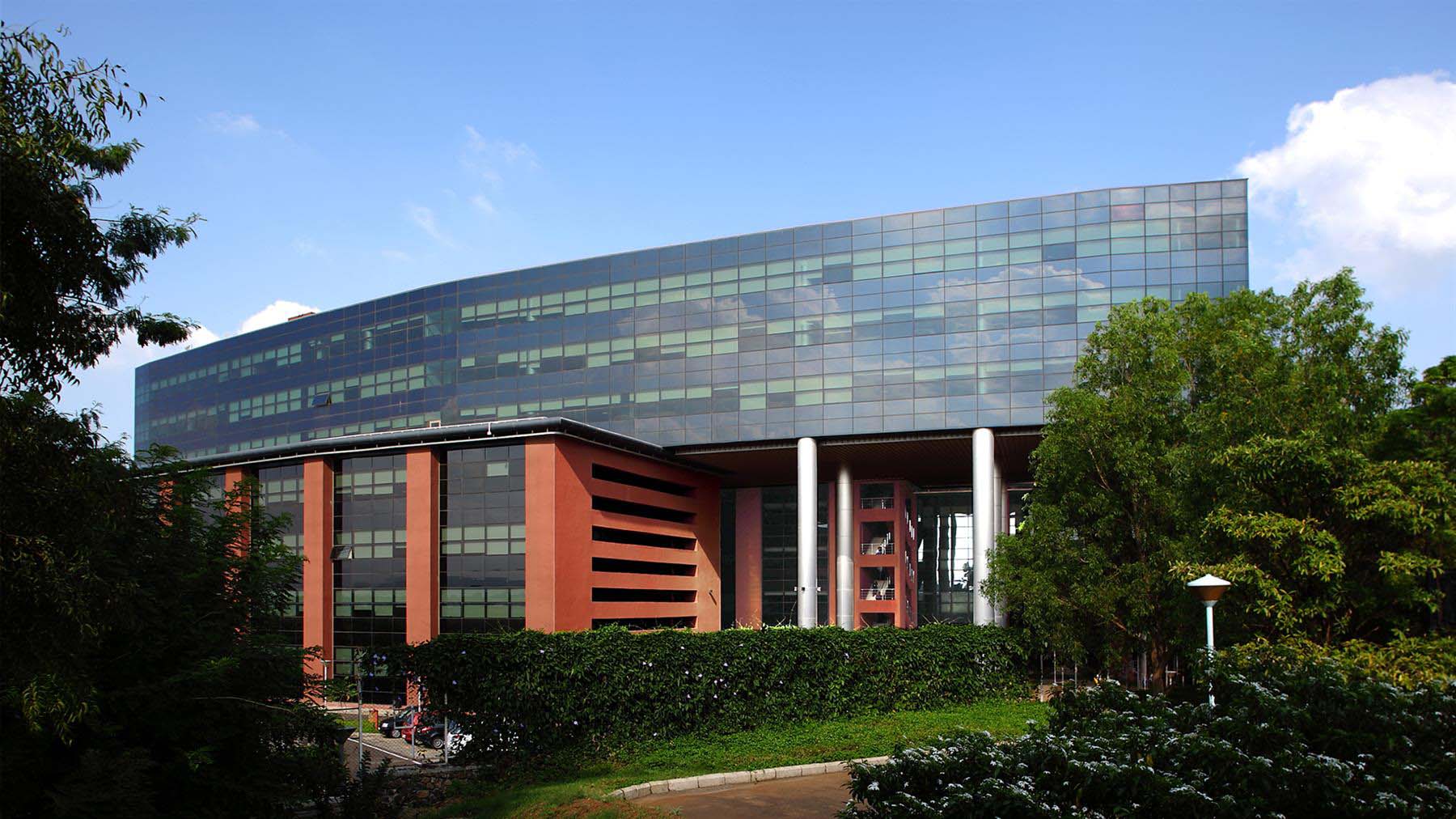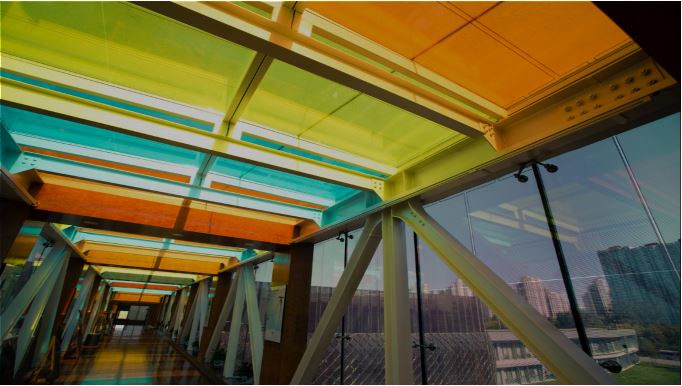Radiation Resistant Glass: A Must-Have for High-Risk Environments
Radiation-resistant glass is a type of glass that can withstand exposure to various forms of radiation without being damaged or degraded. This type of glass is commonly used in industries such as nuclear power generation, medical imaging, and aerospace.
Radiation-resistant glass is made from a variety of materials, including lead, boron, and silica. Lead glass, for example, contains a high percentage of lead oxide and is commonly used in X-ray and radiation shielding applications due to its high density and ability to block ionizing radiation. Borosilicate glass, on the other hand, is resistant to thermal shock and has a low coefficient of thermal expansion, making it ideal for use in high-temperature applications.
One of the primary reasons for using radiation-resistant glass is to protect people and equipment from the harmful effects of ionizing radiation. This type of radiation can damage cells and DNA, leading to health problems such as cancer and radiation sickness. By using radiation-resistant glass, workers in nuclear power plants and medical facilities can protect themselves from exposure to ionizing radiation.
In addition to its protective properties, radiation-resistant glass also has a number of other useful characteristics. For example, it is often transparent or translucent, allowing workers to see through it and monitor processes or procedures that are taking place behind the glass. It is also durable and long-lasting, making it a cost-effective solution for many applications.
There are several types of radiation-resistant glass, each with its own unique properties and characteristics. Some of the most common types include:
Lead glass: As mentioned earlier, lead glass is used primarily in X-ray and radiation shielding applications. It is highly effective at blocking ionizing radiation, but it is also heavy and brittle, making it difficult to work with.
Borosilicate glass: Borosilicate glass is resistant to thermal shock and has a low coefficient of thermal expansion. It is commonly used in high-temperature applications, such as furnace observation windows, as well as in laboratory glassware.
Fused silica: Fused silica is a high-purity form of silica that is extremely resistant to thermal shock and chemical corrosion. It is often used in high-temperature applications, such as the production of semiconductor wafers and optical fibers.
Aluminosilicate glass: Aluminosilicate glass is a type of glass that contains both aluminum and silicon. It is known for its high strength and durability, and is often used in applications such as military vehicles and aerospace equipment.
Overall, radiation-resistant glass is an important material that plays a critical role in many industries. It helps protect workers and equipment from the harmful effects of ionizing radiation, while also providing a range of other useful properties. As technology continues to advance, it is likely that we will see even more applications for this unique and versatile material.
Where Radiation resistance glass can be used:
Radiation-resistant glass has a wide range of uses across various industries where there is a risk of exposure to ionizing radiation. Some of the most common applications of radiation-resistant glass include:
Nuclear power plants: Radiation-resistant glass is used to line the walls of nuclear power plants to protect workers from exposure to radiation.
Medical imaging: Radiation-resistant glass is used in X-ray machines, CT scanners, and other medical imaging equipment to protect patients and healthcare workers from harmful radiation.
Aerospace: Radiation-resistant glass is used in cockpit windows and other parts of aircraft to protect pilots and passengers from cosmic radiation at high altitudes.
Military: Radiation-resistant glass is used in military vehicles, aircraft, and equipment to protect soldiers from radiation exposure during combat or training exercises.
Industrial applications: Radiation-resistant glass is used in a variety of industrial applications, such as in nuclear waste storage containers, radioactive material handling equipment, and laboratory facilities.
Overall, radiation-resistant glass plays a critical role in protecting workers, patients, and the general public from the harmful effects of ionizing radiation. Its uses are widespread and varied, and it continues to be an essential component in many industries where radiation exposure is a risk.
If you're looking for a reliable solution to protect against harmful radiation, look no further than FG Glass Radishield. With its high-quality lead glass composition, Radishield is designed to effectively block ionizing radiation, making it an ideal solution for a wide range of applications. Whether you're working in a nuclear power plant, medical facility, or other high-risk environment, Radishield offers the protection you need to stay safe and healthy. So why wait? Contact FG Glass today to learn more about Radishield and how it can help keep you and your team safe from the harmful effects of radiation.

You might also like
Feb 21, 2022 by TARIQ KACHWALA
Feb 21, 2022 by TARIQ KACHWALA
Feb 23, 2022 by TARIQ KACHWALA










